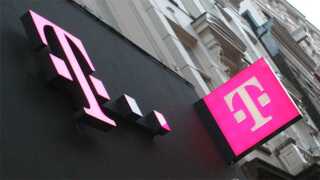From 3.18 Mbps previously to 18.35 Mbps in Q3 2020 (see graph), the latest insight from Ookla ranked the country 111th for its mobile speeds and 107th for fixed broadband, as of October 2020.
The report said that despite "overall improvements in network performance", the Philippines ranked behind most countries in the Speedtest Global Index. The report concluded that the Philippines will "need to continue removing barriers to infrastructure enhancements and increasing connectivity across the country in order to improve these rankings".
Upload speeds over fixed broadband also increased over the period.
Analysing the situation, the report stated: "In an effort to improve mobile network performance and availability in the country, the current administration has helped in reducing red tape to allow new towers to be built.
"The Philippines will need to continue removing barriers to infrastructure enhancements and increasing connectivity across the country in order to improve these rankings," it continued.
However, there were standout performers.
Assessing Q2 and Q3 figures from the top service providers, the report found Smart had the fastest speed score among mobile operators at 19.97 over the period, while Globe showed the second fastest at 13.47.
Among ISPs, PLDT was the fastest fixed broadband provider during Q2 and Q3 with a speed score of 24.76. Converge ICT was second, followed by SKY.
In mobile, higher speeds correlated with higher net promoter scores (NPS) across the service providers, however, this trend did not repeat across fixed broadband performance. In that category, Converge ICT had the highest NPS at -16.51, followed by PLDT and Smart.
The report clarified: "PLDT was the fastest provider during this period, but showed a NPS that was much lower than that of Converge ICT. All providers had negative NPS during this period, which indicates that across networks in the Philippines, users are not likely to recommend their provider — and that performance and customer satisfaction do not always align."
It continued: "We’re optimistic that continued infrastructure improvements will lead to better performance, and we’ll continue to evaluate whether those outcomes will lead to increased customer satisfaction."
Networks in the Philippines have benefitted from renewed government investment in recent years, but in July Philippine President Rodrigo Duterte said the government would take "drastic steps" if so called "lousy" telcos didn't improve their performance by this December.





